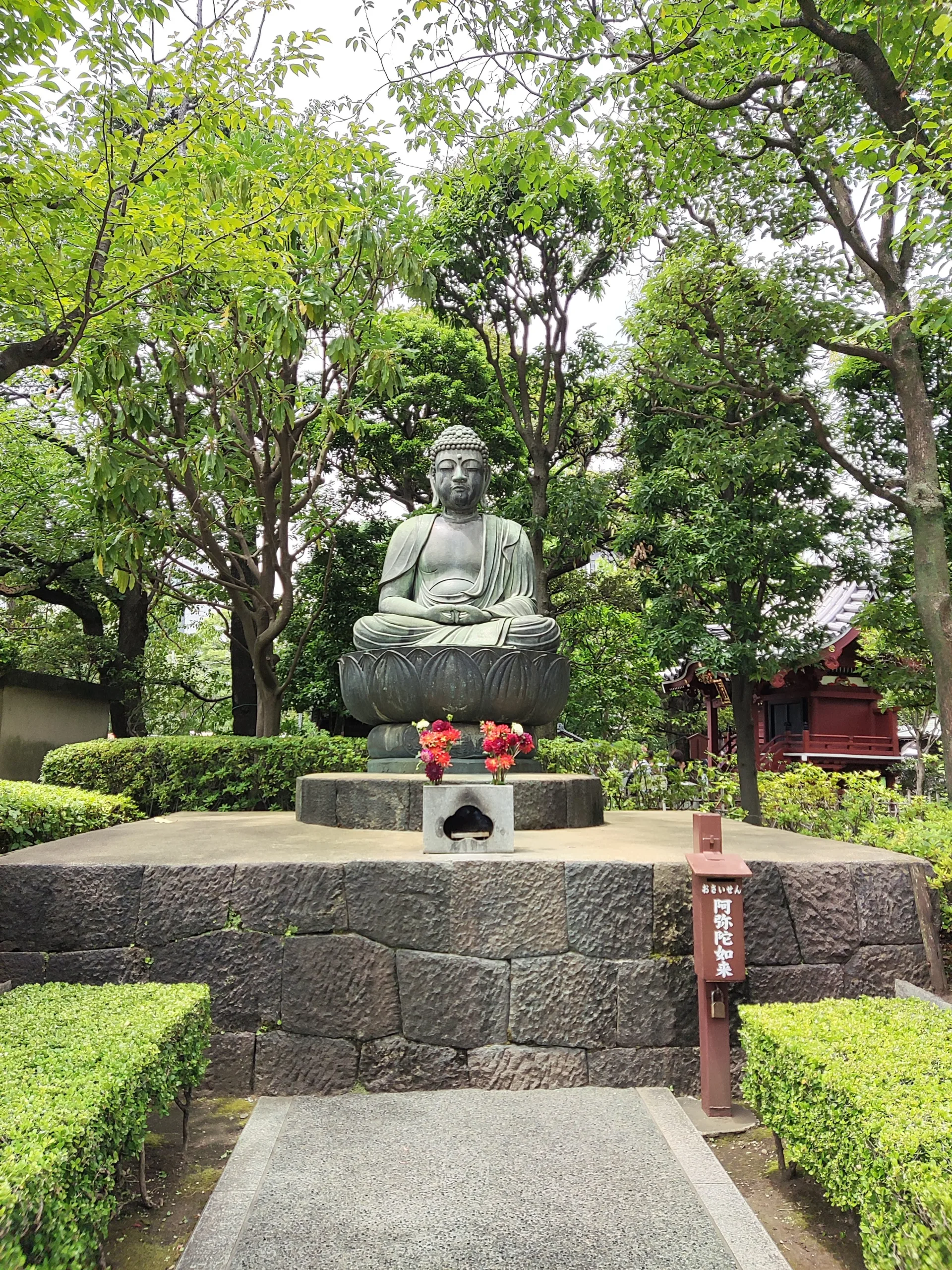For as long as I can remember, Japan has fascinated me. When I was a kid, I read a story in the Moral Studies class about a patriotic Japanese man, who on a train, overheard an Indian monk, Swami Ram Tirth Ji, saying he couldn’t find better fruit in Japan. This man immediately rushed to bring Swami Ji a basket of fruit. Upon inquiring about the money, he simply said, “Please, when you go back to your country, don’t tell people that Japan is not rich in fruits.” This story sparked a dream: one day, I would visit Japan and experience this legendary warmth and pride. Fast-forward 22 years, in July 2023, and I was finally on my way to the land of shinkansen, samurai, and sushi. As someone who has read about Japan’s spotless streets, aquariums in street gutters, and trains that apologize if they are a minute late, I was beyond excited.
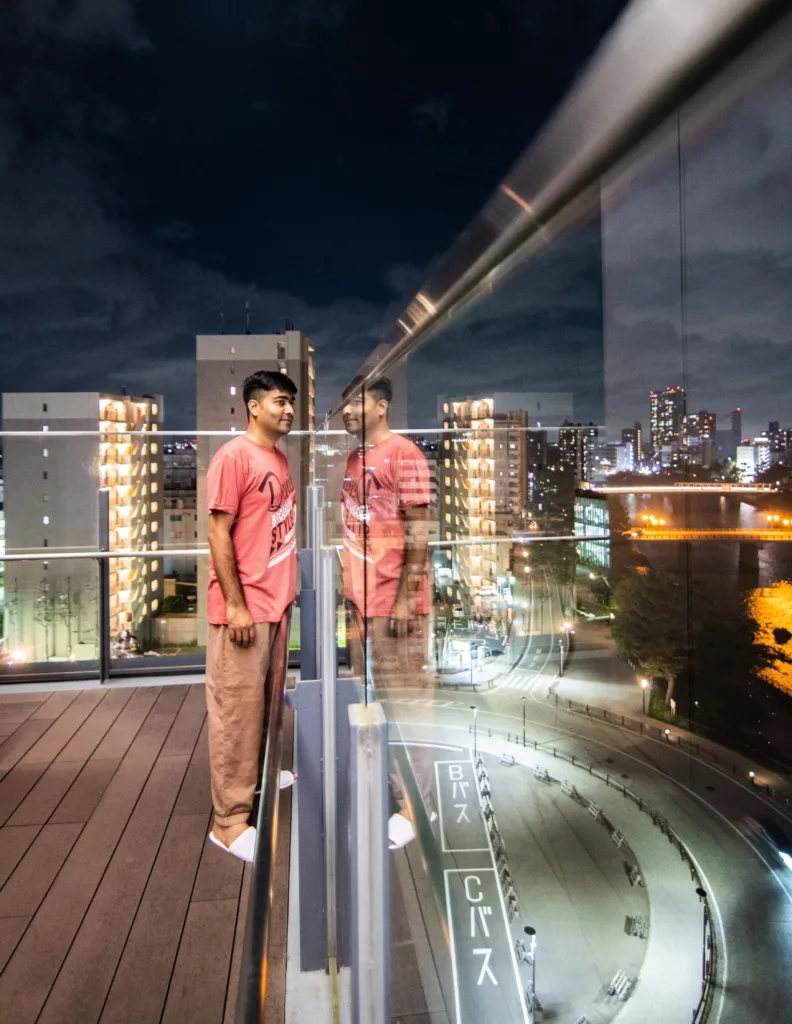
Efficiency like clockwork
Japan’s efficiency was no joke. I had planned a bus transfer from Haneda to Narita airport at 7:39 AM, weeks in advance. Right on schedule, the bus arrived and transported me to the destination on the dot. Coming from New Delhi, the quiet streets of Okazaki (yes, that’s the same Okazaki we all remember from DNA replication!) felt deserted, but I was on a mission: to hit up Daiso and stock up on the cute little souvenirs. Japan was already living up to the hype. And yes, I have to give a shoutout to the hotel breakfasts– delicious, filling, and the perfect start to a busy day.
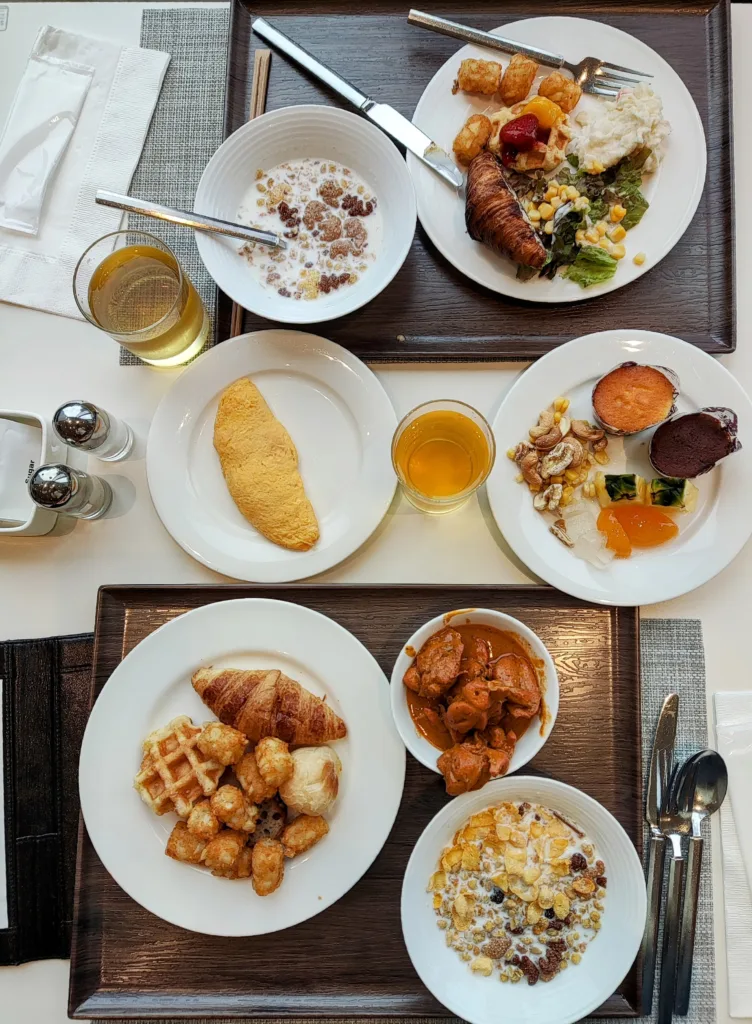
Thanks to EMBL sponsorship, I was there for a five-day imaging course; the first leg of which was at the National Institute of Basic Biology (NIBB) in Okazaki. We had some incredible coursemates coming from across the world.
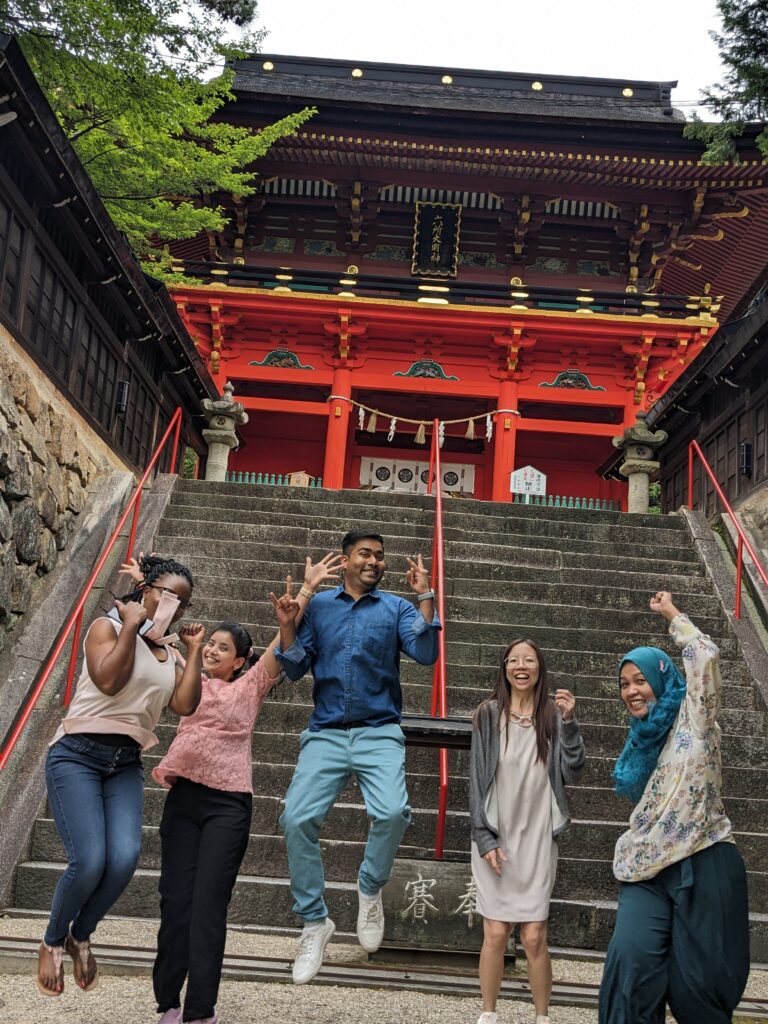
Instructors were well versed with ImageJ and some of them even helped develop this suite. The guided lab tour was fascinating, especially knowing that Professor Yoshinori Ohsumi, who won a Nobel Prize in Physiology or Medicine in 2016 for his discoveries on autophagy, had walked these very halls of NIBB.
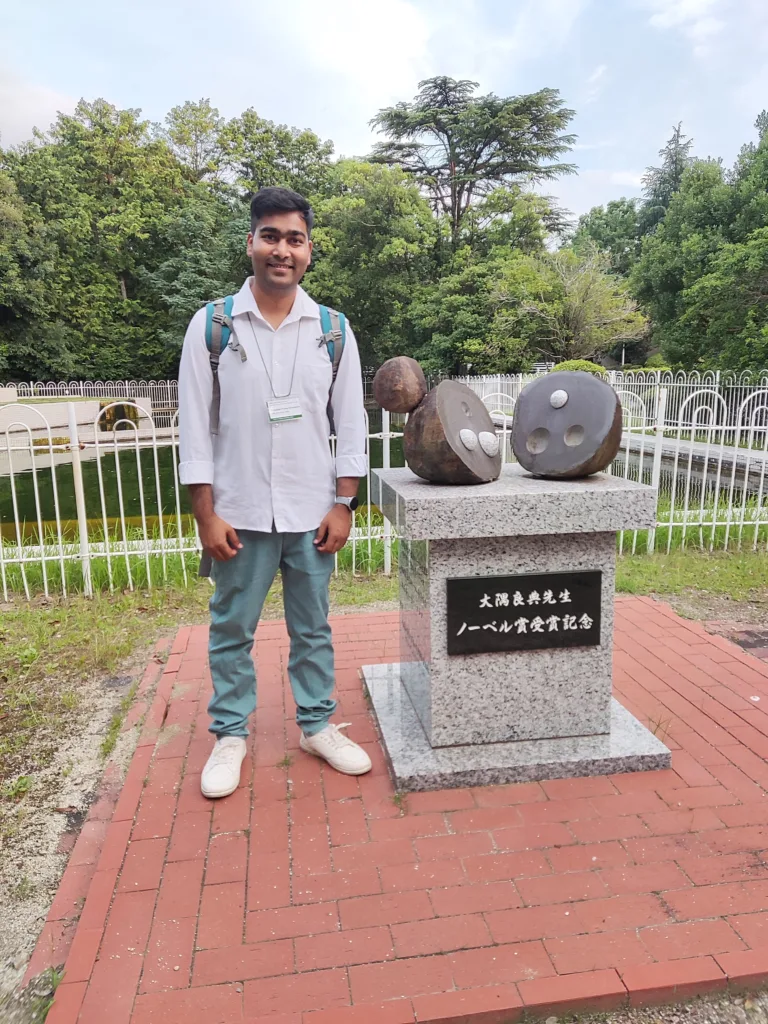
Interesting observations:
- Everyone takes off their shoes before entering a building/room and leaves them facing out for an easy exit. Simple, genius.
- The streets, skyscrapers, or buildings would utilize minimal light. Lights in the laboratory corridors turned on only when someone was walking across. This would make energy efficiency an art.
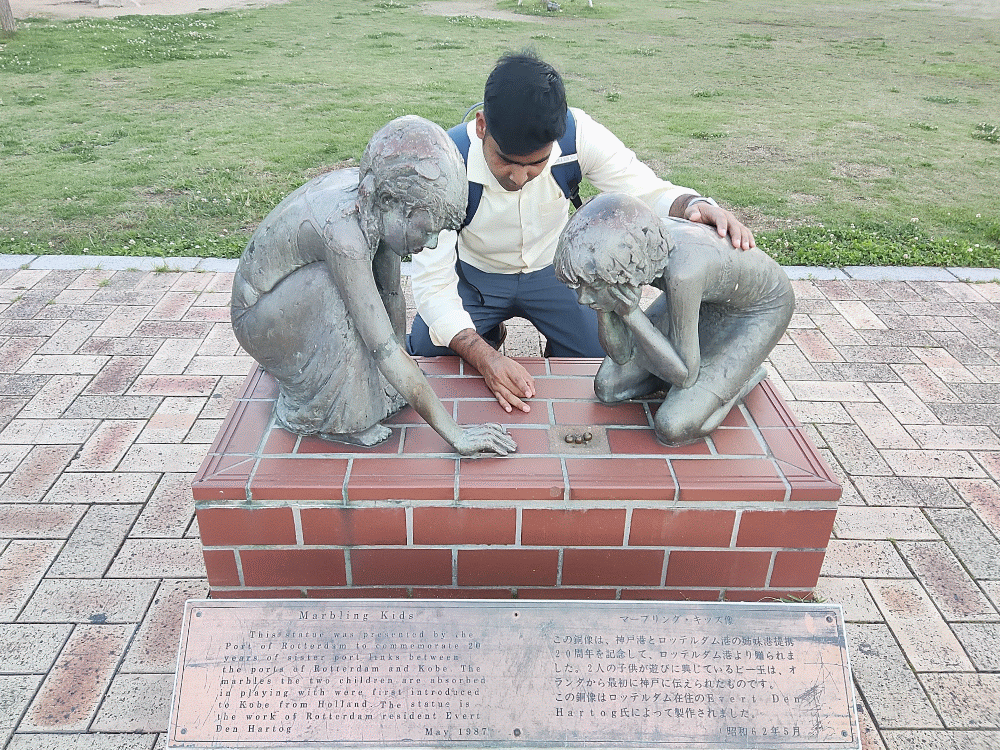
After three packed days in Okazaki, we headed to Kobe for training at RIKEN BDR. Being new in the city, there was a delay in navigating the venue for 5 minutes. To my surprise, my fellow coursemates were already worried I had fallen off the face of the Earth. Meeting Professor Shuichi Onami was a highlight who would navigate us through the RIKEN tour. This is where we got the first-hand experience of a robot doing research work within the laboratory.
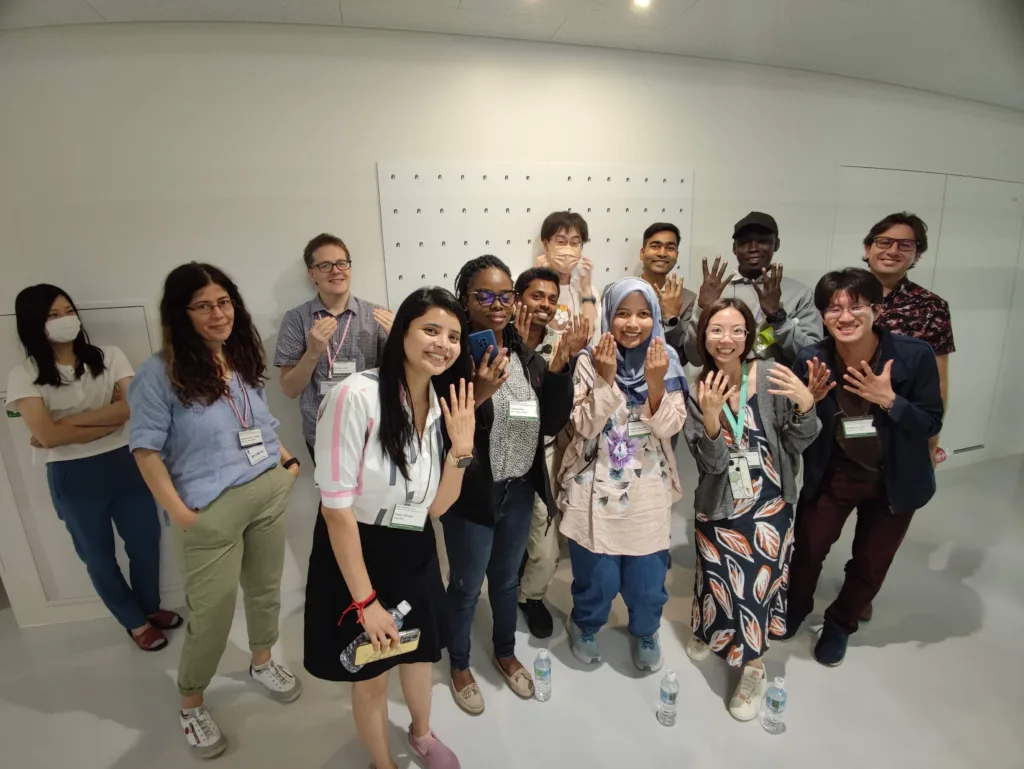
Prof. Onami beamed with pride when I mentioned how late Shinzo Abe San and the friendly people of Japan collaborated with India on developing its first bullet train.
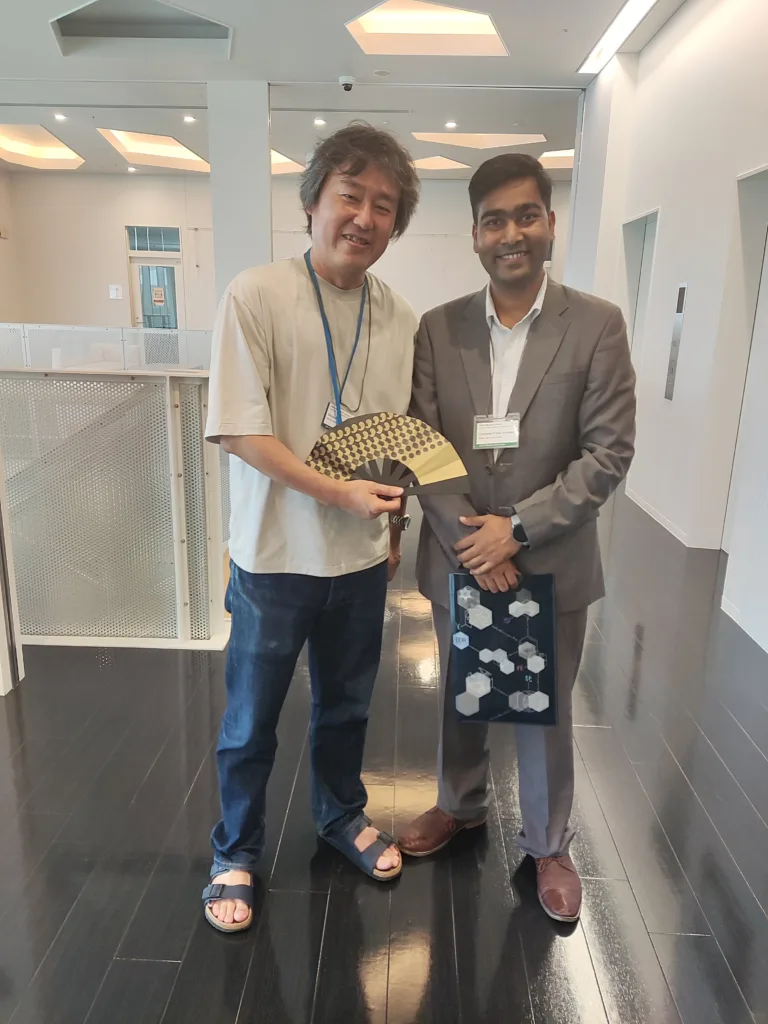
Hiroshima: history and heartbreak
Among many best things in Japan is this JR pass which entitles the holder to make unlimited use of the Shinkansen (Bullet train) for a week. It was a savior when my next planned trip was to Hiroshima, Nagoya, Kobe, and Tokyo within a short span of time.
The JR Pass was a blessing as I ventured to Hiroshima, determined to experience firsthand the city that stands as a testament to both human resilience and the tragic costs of conflict. As I approached the iconic A-Bomb Dome and Peace Memorial, I felt an overwhelming sense of solemnity. These landmarks weren’t just historical sites-they were living memories of one of the darkest moments in history.
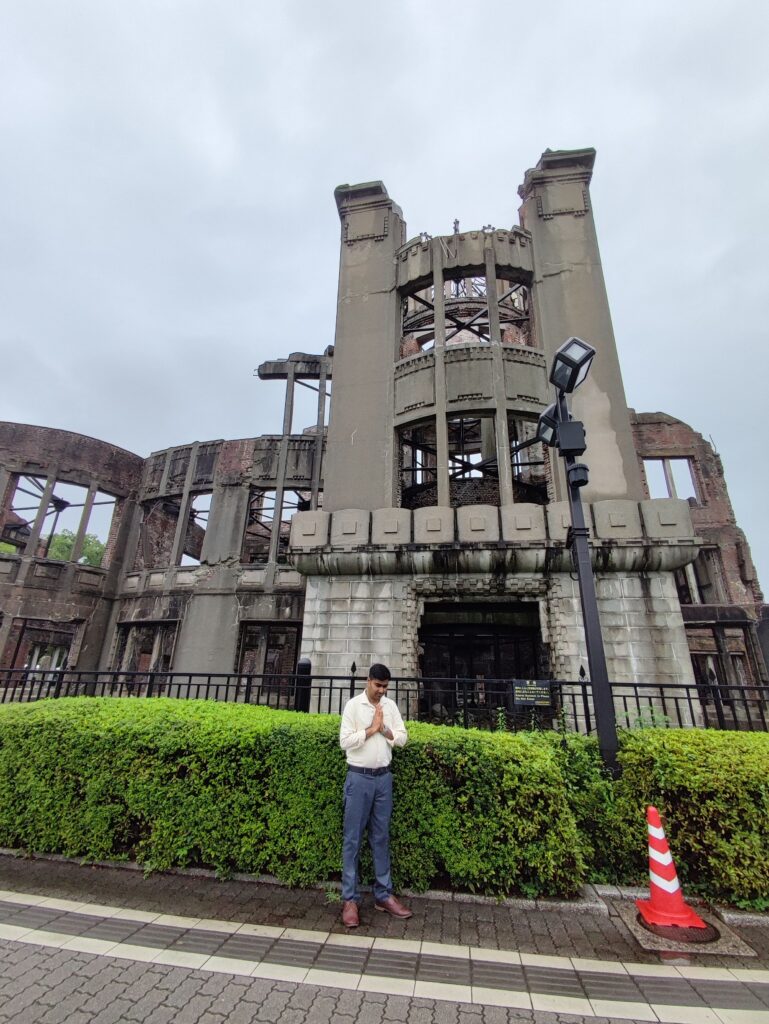
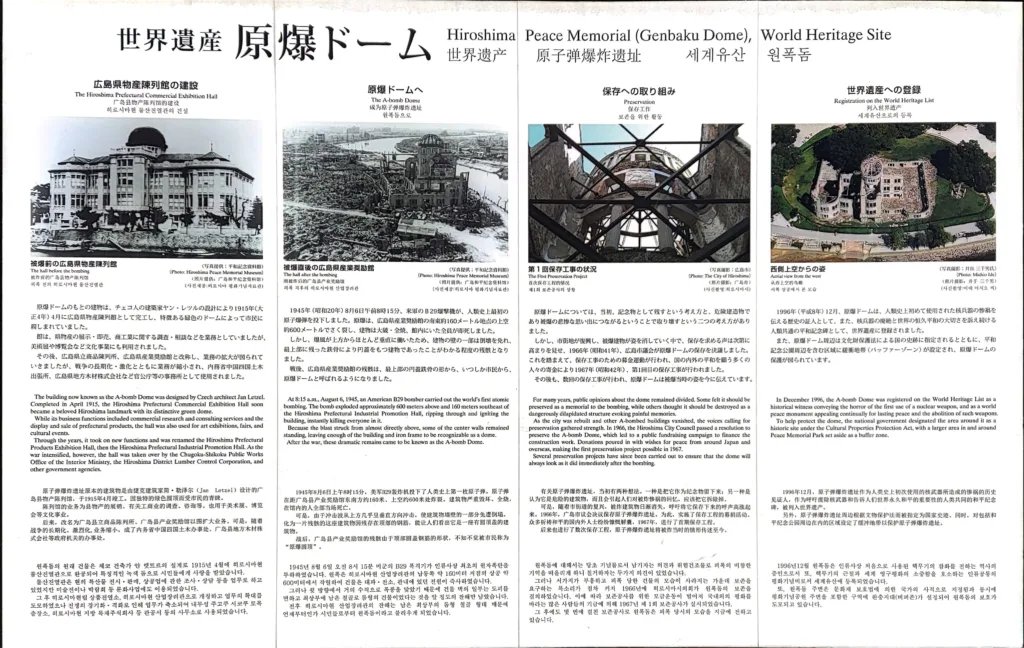
Walking through the Peace Memorial Park, I was struck by the quiet dignity with which Hiroshima has chosen to honor those who perished. The imprint of those who just evaporated after the bombing, the statue of a lady protecting her child, preserved clothing, and personal items, all tell silent stories of the lives that were instantly shattered. It is a haunting reminder of the fragility of peace and the heavy price of war.
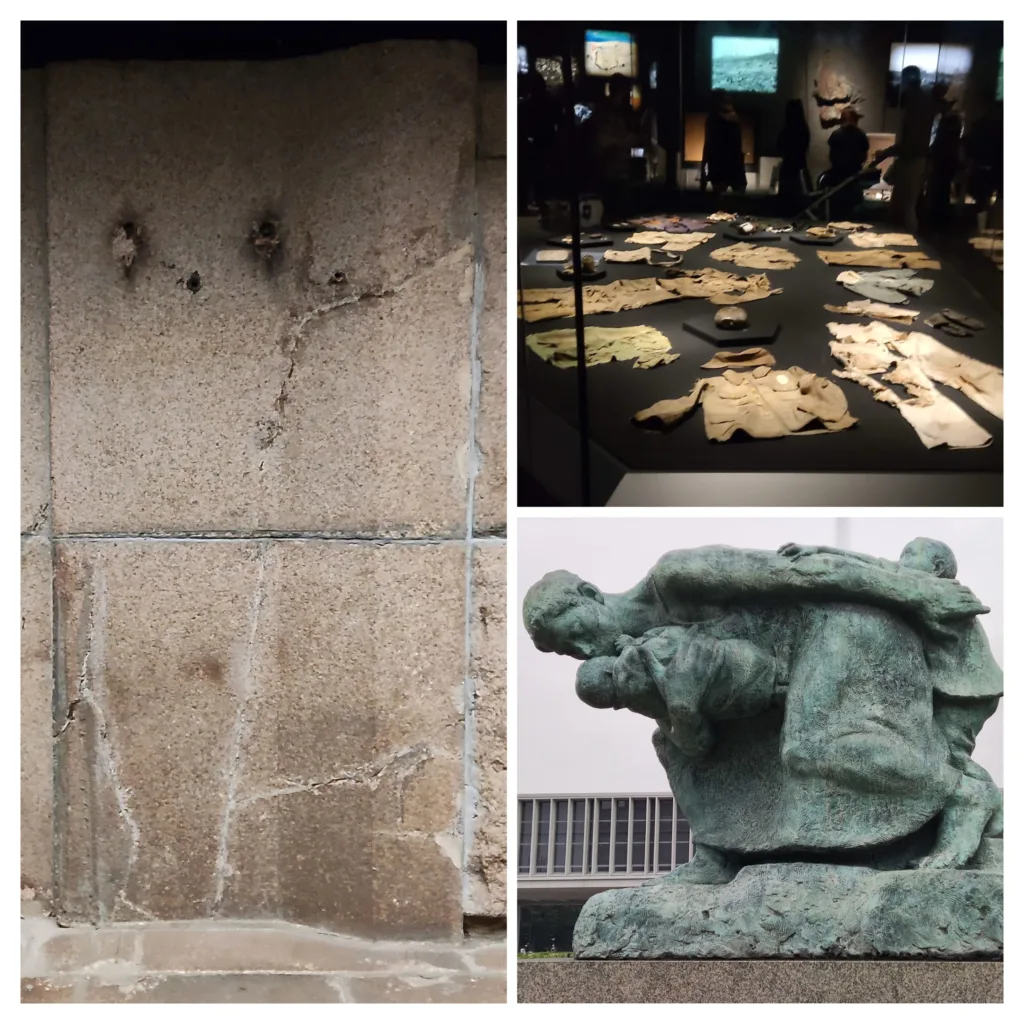
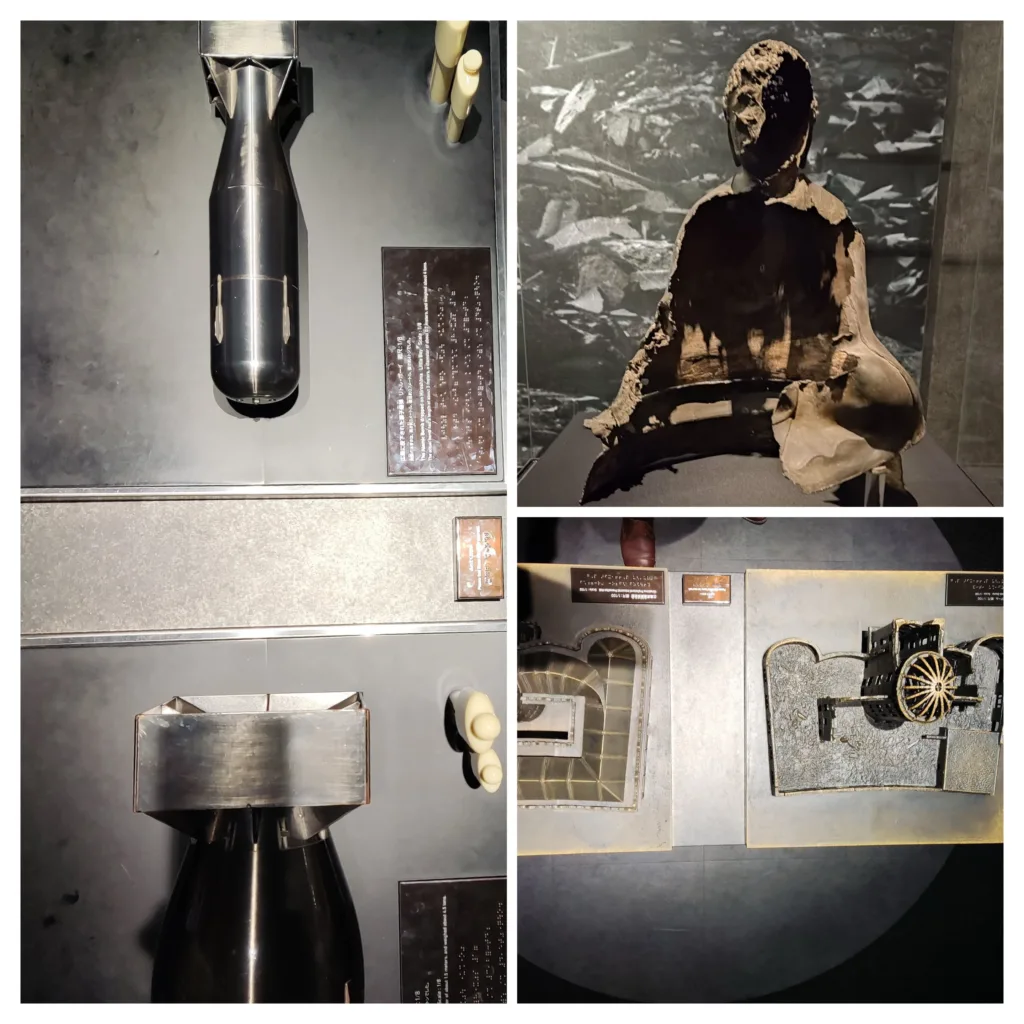
Yet, amidst the sorrow, Hiroshima’s revival is nothing short of awe-inspiring. The city has not only rebuilt itself but has flourished, becoming a hub for industries like car production and oyster farming, both of which contribute to Japan’s economy and culture. As I stood there, I realized that Hiroshima’s strength lies not in forgetting its past but in rebuilding with a commitment to peace. Witnessing this balance of remembrance and resilience was incredibly moving.
Tokyo: temple, tech, and the world’s busiest crossing
Tokyo was everything I imagined: bustling yet serene, historical yet futuristic. I started at Sensō-ji, a beautiful Buddhist temple, and found myself comparing it to Indian Buddhism.
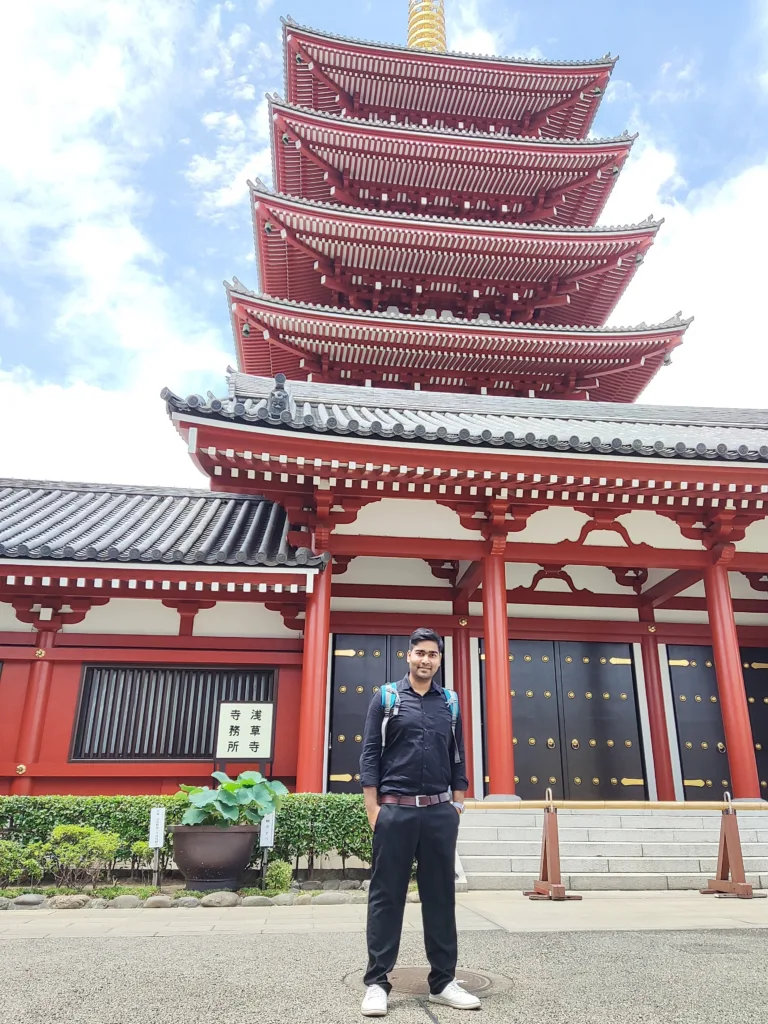
Then, I lost myself in Yodobashi Akiba, a multi-floor tech wonderland where I could have easily spent my entire trip. The whole day’s exploration fest culminated in hunger which was only tamed with Nepali Restaurant on the top floor.
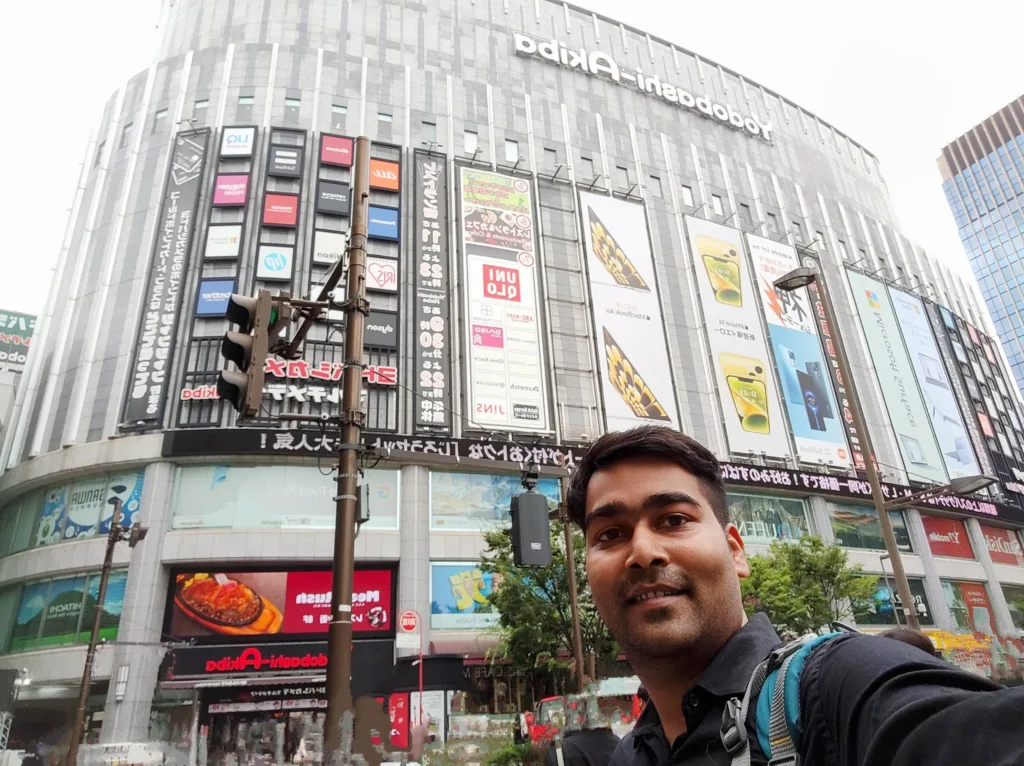
My highlight? The Shibuya Scramble Crossing: two minutes of organized chaos dance as thousands cross at once in perfect sync. I captured a video to relive the experience of being part of this famous crowd surge.
And, of course, the iconic Tokyo Tower, a beacon of Japan’s post-war resilience and determination, was a must-see.
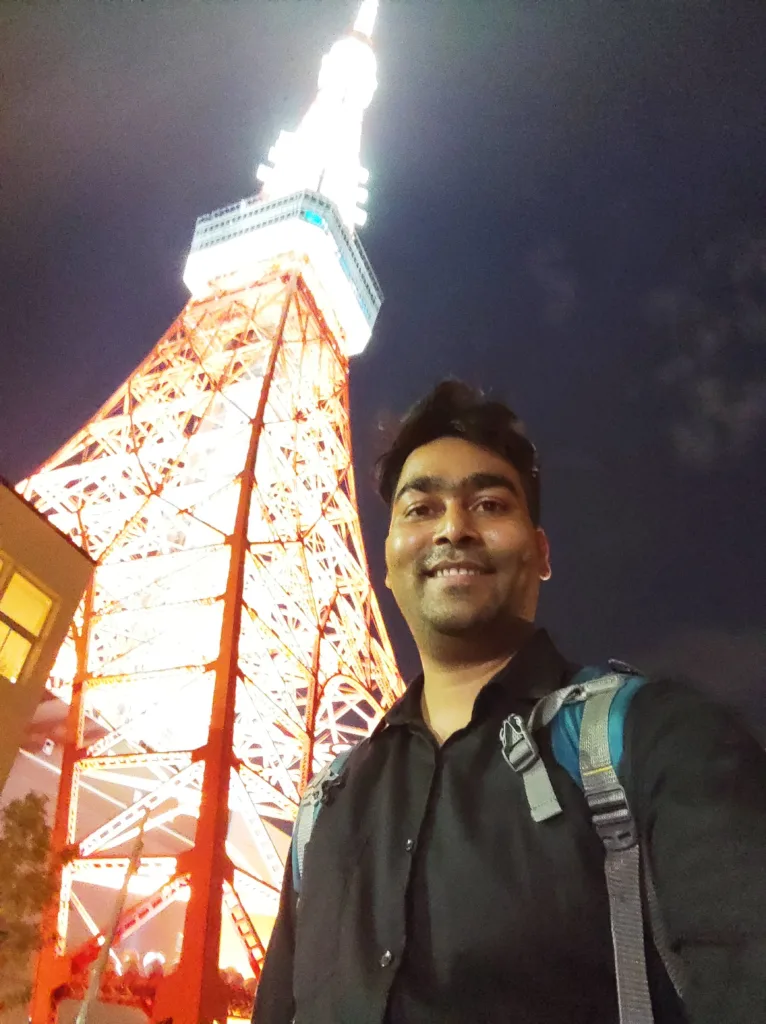
Nagoya: the final destination
Nagoya was a perfect ending to my trip- a mix of modern cityscape and laid-back vibes. Between exploring the 100 Yen stores and savoring the grilled chicken, I soaked up the local life and marveled at how Japan is both ultra-modern and deeply rooted in tradition.
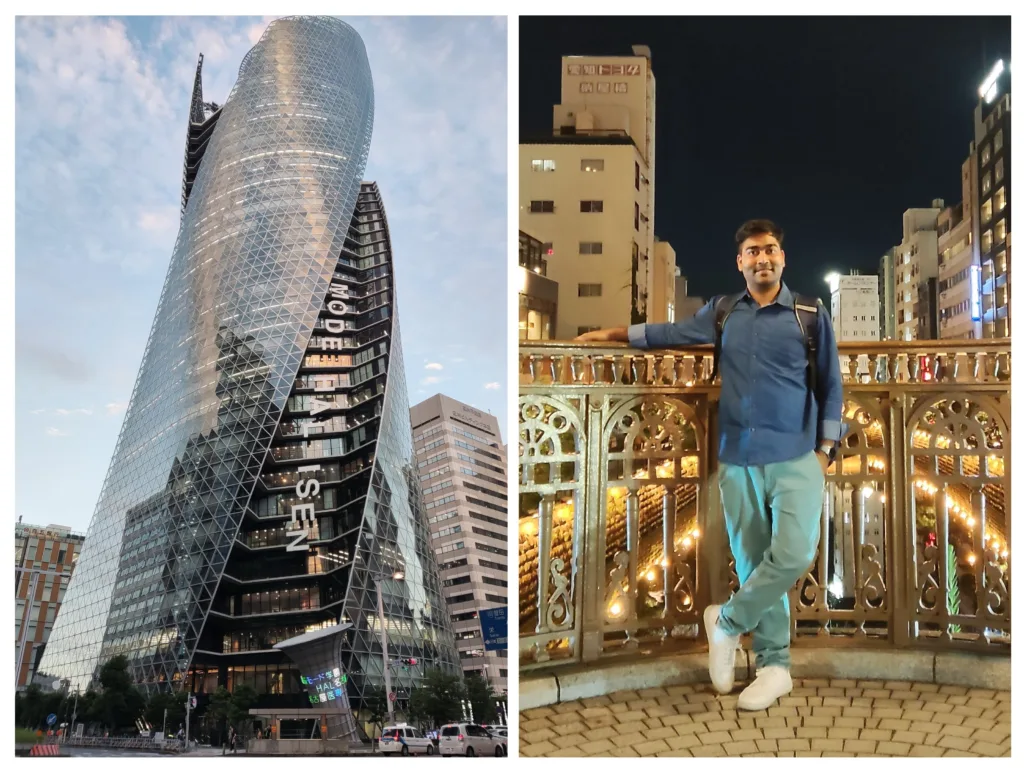
Japan is everything they say it is and more. Public transport is reliable down to the minute, people clean up stadiums after events, and the streets are spotless – even after a busy day. For a country that was once torn apart by war, Japan has rebuilt itself with quiet strength and an unshakeable sense of purpose. I came back inspired to bring a bit of Japan’s discipline and respect for public spaces into my own life. Here is to Japan- may it continue to lead by example.
© Tryambak Srivastava
November 06, 2024
Shivanandalaya, Home
